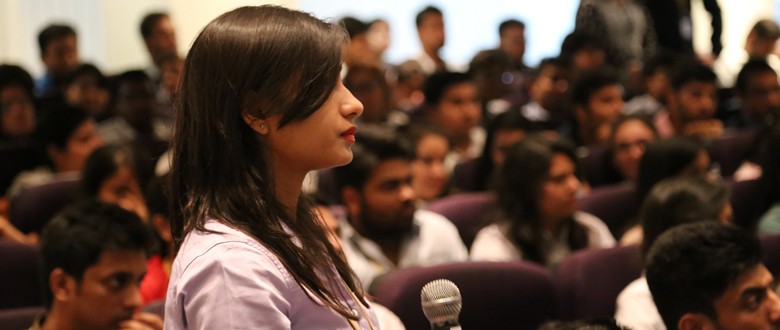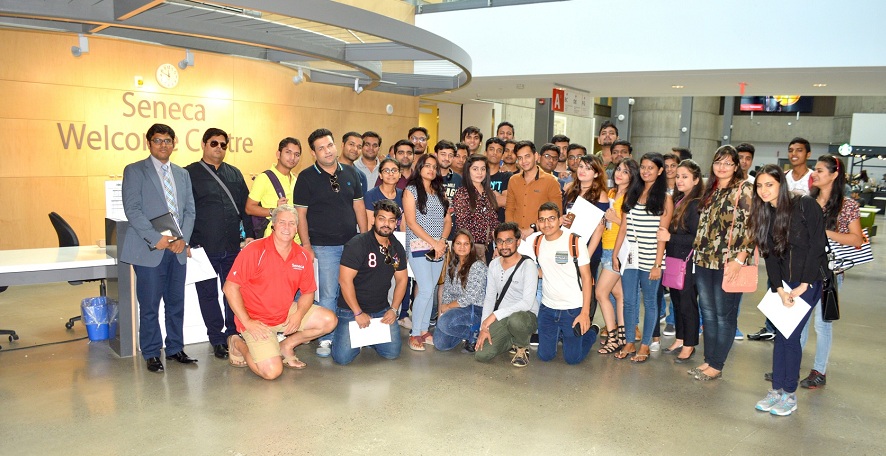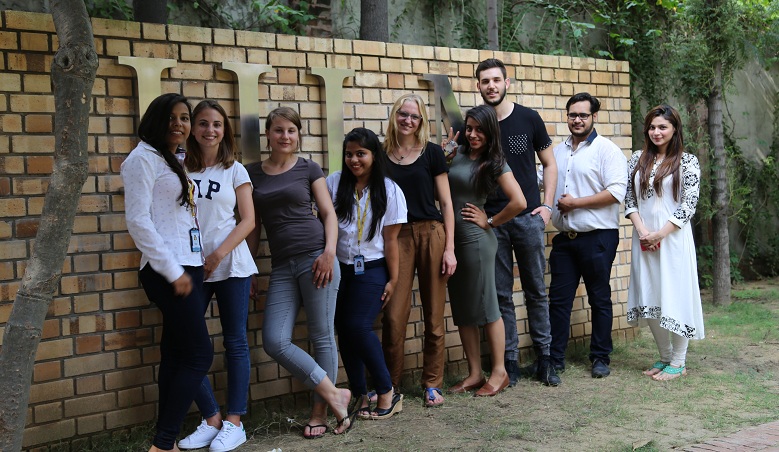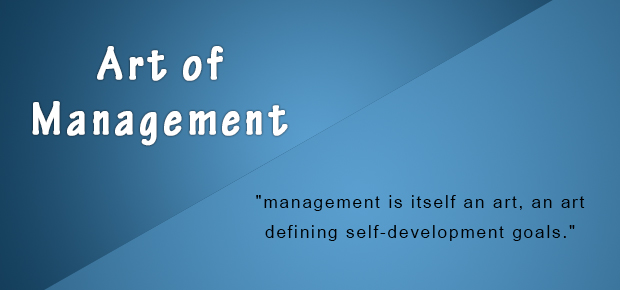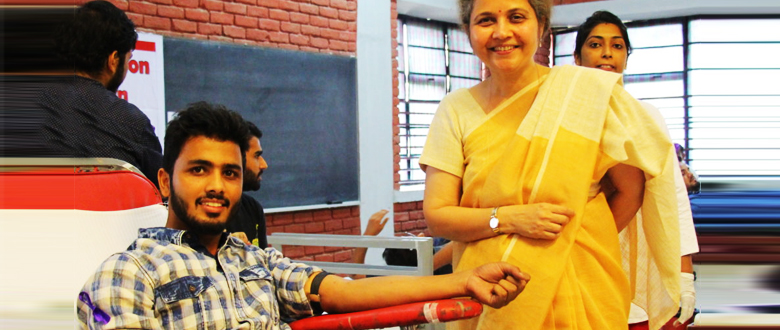Entrepreneurial thinking refers to one’s ability to see the world differently and find innovative solutions to a given problem. This is a pre-requisite in the fast-paced business world of today. From budding family business owners to those looking to fuel a startup vision, tomorrow’s businessmen and women must possess the skills required to identify market opportunities and find creative ways to leverage these opportunities.
With a BBA in entrepreneurship, you’ll be exposed to a myriad of experiences that’ll help you develop the skills required to start and manage a business. You will have the chance to explore new learning opportunities, develop your business strengths and overcome your weaknesses. Given the wide variety of responsibilities connected with running a business, the BBA curriculum focuses on holistic learning – from marketing and innovation studies to technical business processes. The end goal is to shape well-rounded entrepreneurs capable of managing and scaling successful businesses.
The central benefit of pursuing an entrepreneurship course at one of the top business schools in India is that you will be equipped with a host of promising career opportunities, including consulting, family business management, startups and corporate jobs. With training in entrepreneurial know-how, not only will you learn how to start a new business from scratch but you will also understand how to restructure, reorganize and expand an existing business. Additionally, greater creativity and problem-solving skills fostered at IILM UBS will give you that much needed push to fuel your startup dream. This is of special importance for students looking to find direction in terms of career goals. Student mentors play a critical role in helping you identify your core point of interest and assess its feasibility in the current market situation. Greater support is provided via Annual Entrepreneurship Conferences and the Entrepreneurship Development Center quarterly innovation weeks.
The 3-year BBA course is designed keeping in mind the special needs of budding business owners, with equal emphasis on imparting practical and theoretical knowledge. With extensive case studies, role-plays etc., you will undergo overall personality development and up-skilling preparing you for jobs in healthcare, retail, service industries, financial services, banking, startups as well as non-profit organisations.
Given the need of the hour, innovation is placed at a high pedestal in our institute. Not only does it create unmatched value for existing family businesses, it is also especially important for setting up a new venture and expanding it. Additionally, entrepreneurial thinking will allow you to stay ahead of others and maintain a leadership edge in the corporate world.

